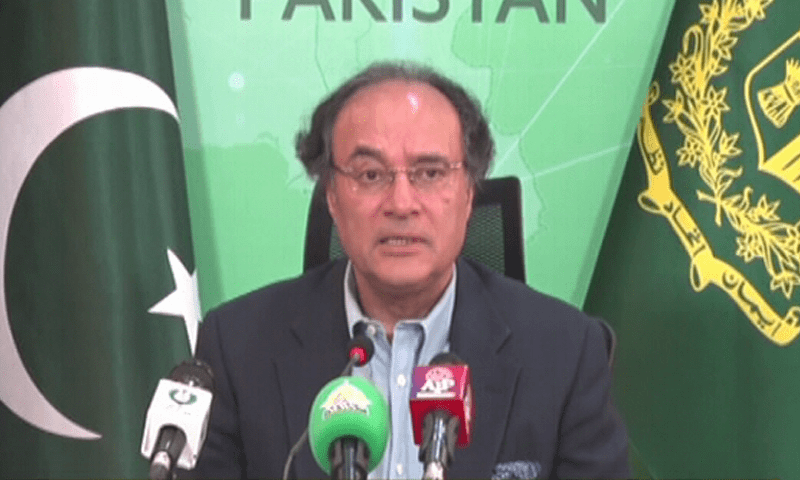By Staff Reporter
ISLAMABAD: Pakistan has opened talks with China to reprofile its power sector debt, as the South Asian nation works to implement structural reforms to secure a $7 billion bailout from the International Monetary Fund (IMF), a minister said on Sunday.
Finance Minister Muhammad Aurangzeb said the discussions with China focus on extending repayment periods, rather than reducing the debt amount. “The reprofiling process will be addressed on a project-by-project basis, with Pakistan seeking to appoint a local advisor in China,” the minister told a news conference.
The country is seeking to reprofile its foreign deposits totaling $12 billion, including $5 billion from Saudi Arabia, $4 billion from China, and $3 billion from the United Arab Emirates, for a three to five-year period.
The move comes as Pakistan negotiates with the IMF for a 37-month Extended Fund Facility (EFF), which requires external financing assurances.
The IMF approved the bailout earlier this month, citing concerns over power sector inefficiencies, including high rates of theft and distribution losses.
The countries, which share a border, have been longtime allies, and rollovers or disbursements on loans from China have helped Pakistan meet its external financing needs in the past.
Aurangzeb emphasized that Pakistan is not seeking debt restructuring or a haircut but rather an extension of the maturity period for both foreign deposits and debt owed to Chinese Independent Power Producers (IPPs).
The country has initiated the process of reprofiling Chinese IPPs debt, with a total outstanding repayment of $15.4 billion till 2036, and is requesting an extension of five to eight years. Nine Chinese IPPs, including one transmission line, will be part of the reprofiling process, with joint working groups established to create a mutually beneficial agreement.
The minister noted that discussions with individual IPPs would be a lengthy process, covering issues such as rate on equity and dividends.
Aurangzeb said China, Saudi Arabia, and the UAE will support Pakistan in filling the external financing gap, which will help get approval from the IMF Executive Board on the new bailout program.
“China has appreciated our talks with the IMF and assured support for the IMF board approval, with backing from both Saudi Arabia and China.”
The minister said discussions with Chinese President Xi Jinping focused on investment in the energy sector.
“We’re issuing Panda Bonds in the Chinese market and working on energy debt reprofiling. We have identified 4.9 million non-filers, and compliance measures will follow. We have to bring a structural solution to IPPs.”
Aurangzeb was in Beijing during the week and held a meeting with his Chinese counterpart to discuss several proposals, including reprofiling nearly $15 billion in energy sector debt.
The government is implementing structural reforms to reduce circular debt – public liabilities that build up in the power sector due to subsidies and unpaid bills – by Rs100 billion a year.
Aurangzeb also briefed Governor of People’s Bank of China (PBoC) Pan Gongsheng on Pakistan’s plan to launch panda bonds during a meeting in Beijing.
Panda bonds are sold in China’s domestic market and are denominated in its currency, though they are issued by non-Chinese entities. Pakistan plans to issue these bonds to diversify its funding sources and strengthen its foreign exchange reserves by attracting Chinese investors.
According to local media reports, the initial issuance is expected to raise between $250 million and $300 million, helping Pakistan improve its financial stability amid economic challenges like high inflation and declining forex reserves.
Copyright © 2021 Independent Pakistan | All rights reserved




